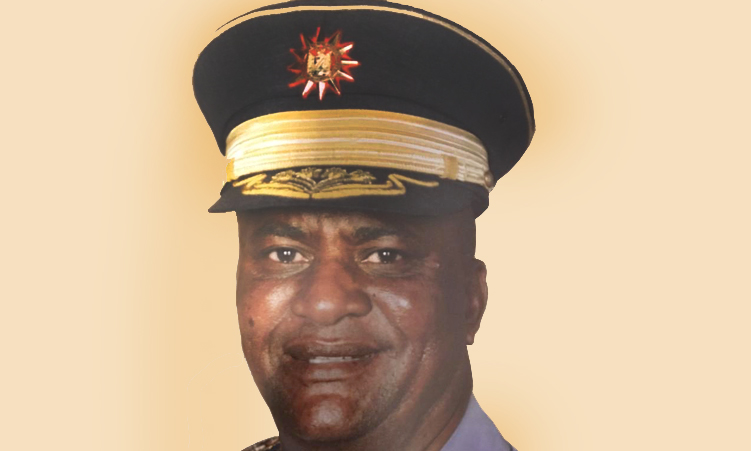During her mission to Namibia, African Charter on Human and People’s Rights commissioner, Janet Ramatoulie Sallah-Njie, noted positive developments in the promotion and protection of human rights in the country.
However, she also indicated that challenges remained to effectively enjoying human rights as ratified in the charter.
Thus, the African Charter urges us to create a body aimed at investigating allegations of violations by the police and other law enforcement officers.
Globally, events in 2020, ranging from the death of George Floyd at the hands of the police in the US to the deaths of individuals detained during lockdowns in India and Kenya, are stark reminders that, if left unchecked, the state’s use of force can turn to brutality.
While governments rely on police and other law enforcement agencies to maintain law and order, who deals with crimes allegedly committed by the police remains a critical rights issue.
Where civilian review boards have been created to oversee law enforcement agencies, few have adequate investigative powers.
Most can only make recommendations on disciplinary action or protection, with no ability to implement or ensure follow-up on those recommendations.
There is clearly a need for more oversight agencies with greater independence and more extensive powers.
We should study the efforts of various independent investigative agencies, and examine their best approaches and how they protect “independence” as a working philosophy.
This would be done with a view to making recommendations for improving the independence, efficacy, and transparency of our own entity once it is established.
ACCOUNTABILITY
Worldwide, countries establish agencies independent of the police to investigate and prosecute serious crimes, misconduct and other complaints involving excessive abuse by law enforcement agencies.
These agencies are often known as the office of the inspectorate general, citizens review board, police ombudsman office, etc.
It is a form of civilian participation in reviewing government activities – most commonly police behaviour as the police are the most visible face of government power for most citizens.
The circumstances of a complaint determines who investigates it.
The process is generally bound by stringent rules such as the subject being interviewed having legal representation.
The rules further demand that people be informed of their constitutional rights and protections.
MODELS
Griffiths (2013) describes three models used in different jurisdictions: The dependent model, the interdependent model, and the independent model.
The dependent model includes the police department whereby officers investigate allegations against their members, or members of another agency.
The benefits include: Officers under investigation are easily accessible; lower costs; the investigator is fluent in local police culture and organisational values, and has greater legitimacy among officers.
In the interdependent model, investigators look into allegations against their own members, or members of another agency, with civilian oversight.
One benefit is that it demonstrates independent oversight.
Criticism includes the inability to gain the cooperation of the police should they decline to participate in the investigation.
Further, in some instances police officers may be reluctant to follow the directions of civilians who may not be aware of flaws in an investigation’s process.
The independent model includes a civilian body of investigators who conduct the investigation independently.
The public generally views this model as the most effective because of the independence of the investigators.
It also allows citizens to feel more comfortable to complain about misconduct without fear reprisals, or of being interviewed in a manner in which they are the ‘them’ in an ‘us versus them’ scenario.
Criticisms include that investigators may not fully understand police culture and may lack experience in criminal investigations.
Further, it is unlikely independent investigators will be able to gain trust within law enforcement agencies, thereby diminishing important investigative tools such as source information.
OUR CHOICE
If Namibia wishes to establish a citizen review, it will have to make difficult choices about the type of oversight system we put in place.
We don’t have to slavishly follow any model or approach. We have the freedom to tailor the type of system that best meets our needs.
However, some features key to effective police oversight are tangible: independence, adequate funding, full access during an investigation, authority to accomplish goals, ability to review police policies, training and other systematic issues, community or stakeholder support, and transparency.
In the final analysis, the police oversight function crystallised in the independent model is important and may be the most suitable system for Namibia.
- Major general JB Tjivikua served in the Namibian Police for 27 years
Stay informed with The Namibian – your source for credible journalism. Get in-depth reporting and opinions for
only N$85 a month. Invest in journalism, invest in democracy –
Subscribe Now!






